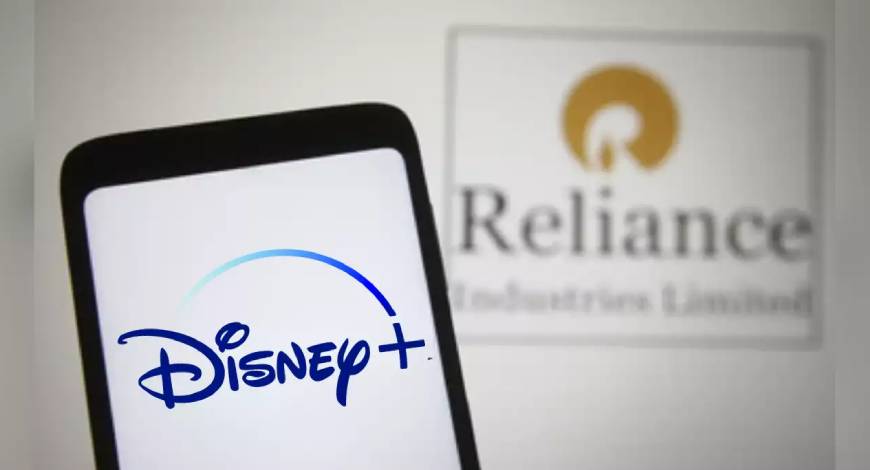Reliance and Walt Disney are seeking expedited antitrust approval for their $8.5 billion merger of media assets in India by proposing to divest a small number of TV channels. Despite this offer, they are resistant to changes concerning cricket broadcast rights, which are central to the deal. Antitrust experts have indicated that this merger, which would create India’s largest entertainment conglomerate, is likely to face significant scrutiny due to the potential market dominance it would create.
The merger, announced in February, would result in a combined entity with over 120 TV channels and two streaming services. This new entity, primarily owned by Mukesh Ambani’s Reliance, would significantly impact competition in the Indian media market, which includes major players like Sony, Zee Entertainment, Netflix, and Amazon. The expanded control over such a large array of media outlets could increase pricing power and influence over advertisers, raising concerns among regulators.

Reliance and Disney Seek Fast-Track Antitrust Approval for $8.5 Billion Merger with Channel Divestment Offer
To address these concerns, Reliance and Disney have offered to sell fewer than 10 regional TV channels, which might alleviate some of the competitive concerns. Previously, similar concessions were made by other major players like Zee and Sony, who sold three channels to gain regulatory approval for their planned merger. Despite this, their deal eventually fell through, underscoring the challenges in navigating regulatory approvals in this sector.
Another major issue in the merger is the control over cricket broadcast rights. Cricket enjoys massive popularity in India, making these rights highly valuable. The merged company would hold significant rights to major cricket leagues, including the Indian Premier League (IPL). The potential dominance in cricket broadcasting has led to concerns about monopolistic control and its impact on the advertising market.
The Competition Commission of India (CCI) is still evaluating the implications of this merger, particularly regarding cricket rights. The companies argue that the current rights cannot be sold or sub-licensed before their expiration in 2027 and 2028. Additionally, any potential sub-licensing would require approvals from the Indian cricket board, complicating the approval process further. Thus, while the merger offers concessions in some areas, the cricket rights issue remains a sticking point in securing regulatory approval.
